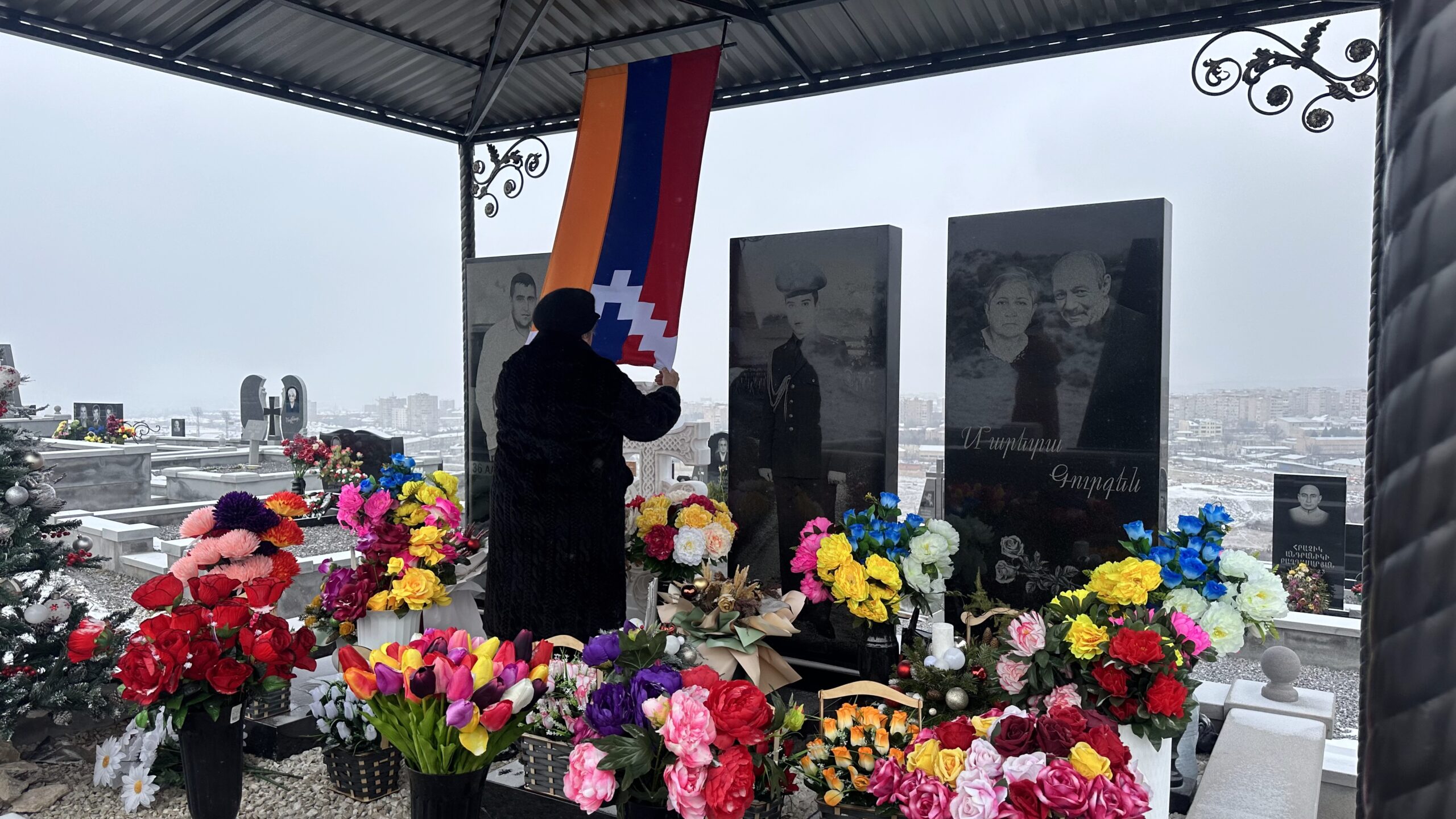Throughout history, mothers have held a sacred place in Armenian culture and society. They are revered as the embodiment of love, sacrifice and the enduring spirit of the motherland and mother tongue. From ancient times, when mothers were worshipped, to the Christian era, with the adoration of the Virgin Mary, Armenian mothers have been celebrated in songs, poems and prayers.
Every year on April 7, the Armenian Apostolic Church marks the Feast of the Annunciation of the Virgin Mary, honoring motherhood and beauty in Armenia. On this occasion, women and mothers are showered with praise for their vital roles in family and society.
Yet, amidst these celebrations, I find myself reflecting on the thousands of Armenian mothers whose sacred role has been intertwined with profound grief—a grief born from the loss of their sons to war.
Clik here to view.

In my interviews over the years with these remarkable women, they have shared their stories—each one a testament to their resilience and the depth of their pain. There are mothers who lost their only sons. Others lost two sons on the same day. Some mothers have endured the unimaginable—losing sons in every conflict, their lives marked by a cycle of loss.
I have spoken with mothers who left behind their sons’ graves when they fled Artsakh. Others exhumed their sons’ bodies, to rebury them in Armenia. There are those who buried their sons one day, only to leave their homes the next, under threat of physical annihilation.
Clik here to view.

Some mothers never had the chance to bury their sons. Others still cling to hope, praying that their sons became prisoners rather than lost forever. One mother told me she would rather her son be dead than a prisoner, knowing the horrors he might endure.
Clik here to view.

I met mothers who died waiting for their missing sons, their lives consumed by hope and despair. Others find solace in their grandsons, searching for glimpses of their lost sons in every movement. Some never had the chance to become grandmothers, their dreams of family cut short.
One mother shared that she writes poems and books about her fallen son, preserving his memory in words. Some rent homes near Yerablur Military Pantheon or other cemeteries where their sons are buried, visiting their graves daily. One mother told me she visits so often that the flower seller offered her a job near the cemetery.
Clik here to view.

Some mothers refuse to cook their son’s favorite dish anymore. Others find comfort in their faith and believe their sons’ souls live on in heaven. One mother keeps her son’s shirt, its scent the only way she can still feel his presence.
I have spoken with mothers whose school-age sons’ lives were taken by war, their childhoods stolen. Others lost sons who never had the chance to be born because of the hardships during the blockade, their dreams of motherhood shattered. One mother’s greatest wish is to build a tombstone for her two young sons and live nearby, close to their memory.
Clik here to view.

Some mothers throw themselves into work, trying to drown their pain by keeping busy. Others, in their later years, have another son, giving him the name of the one they lost, hoping to carry on his legacy.
These mothers are not distant figures; they live among us, their grief a quiet yet enduring presence. They need our love, care and understanding as they navigate lives forever marked by loss. These mothers are the unsung heroes of our time, and their stories deserve to be shared and remembered.
Clik here to view.

Mareta Avanesyan wrote a heartfelt poem dedicated to her son, Manvel:
When there is no sun in the sky,
You are my sun, Manvel.
When there is chaos or turmoil,
You are my peace, my boy.
When the sea of my hopes has dried up,
You are my boat, my boy.
When the result is sorrow and tears,
You are my smile, my boy.
If I get lost in a dark forest,
You are my path, my life.
And if there is no glimmer of light,
You are my hope and faith, Manvel.
Clik here to view.

Author information
The post Motherhood Day in Armenia: A celebration amid grief appeared first on The Armenian Weekly.
